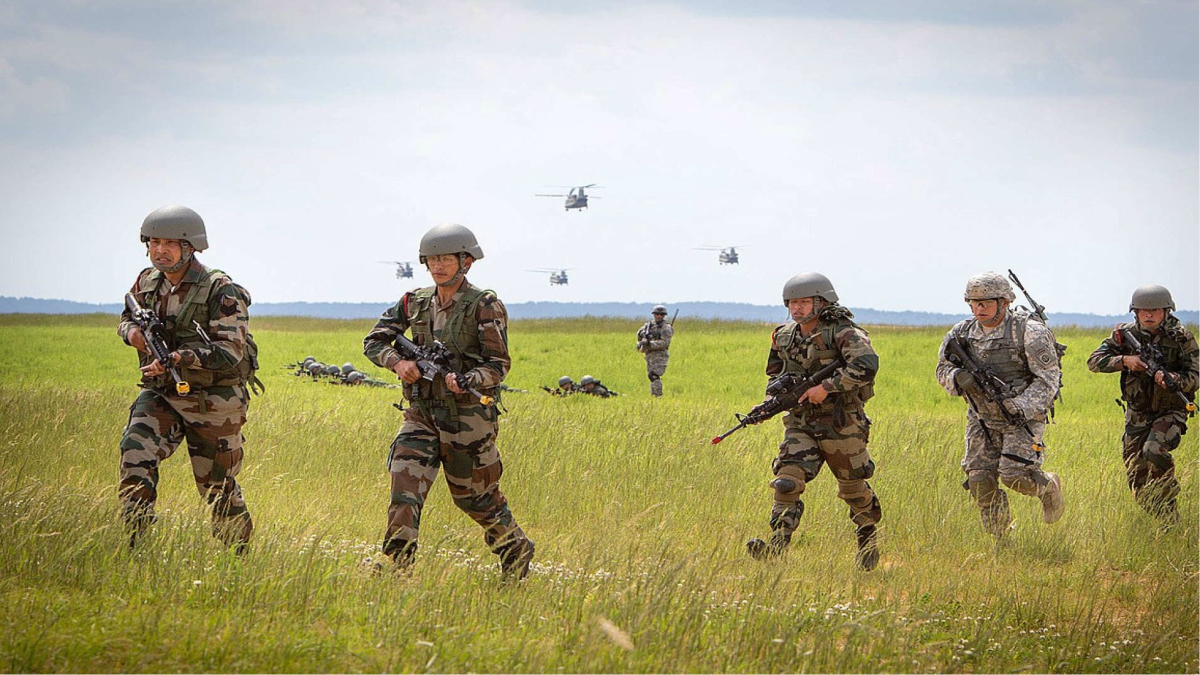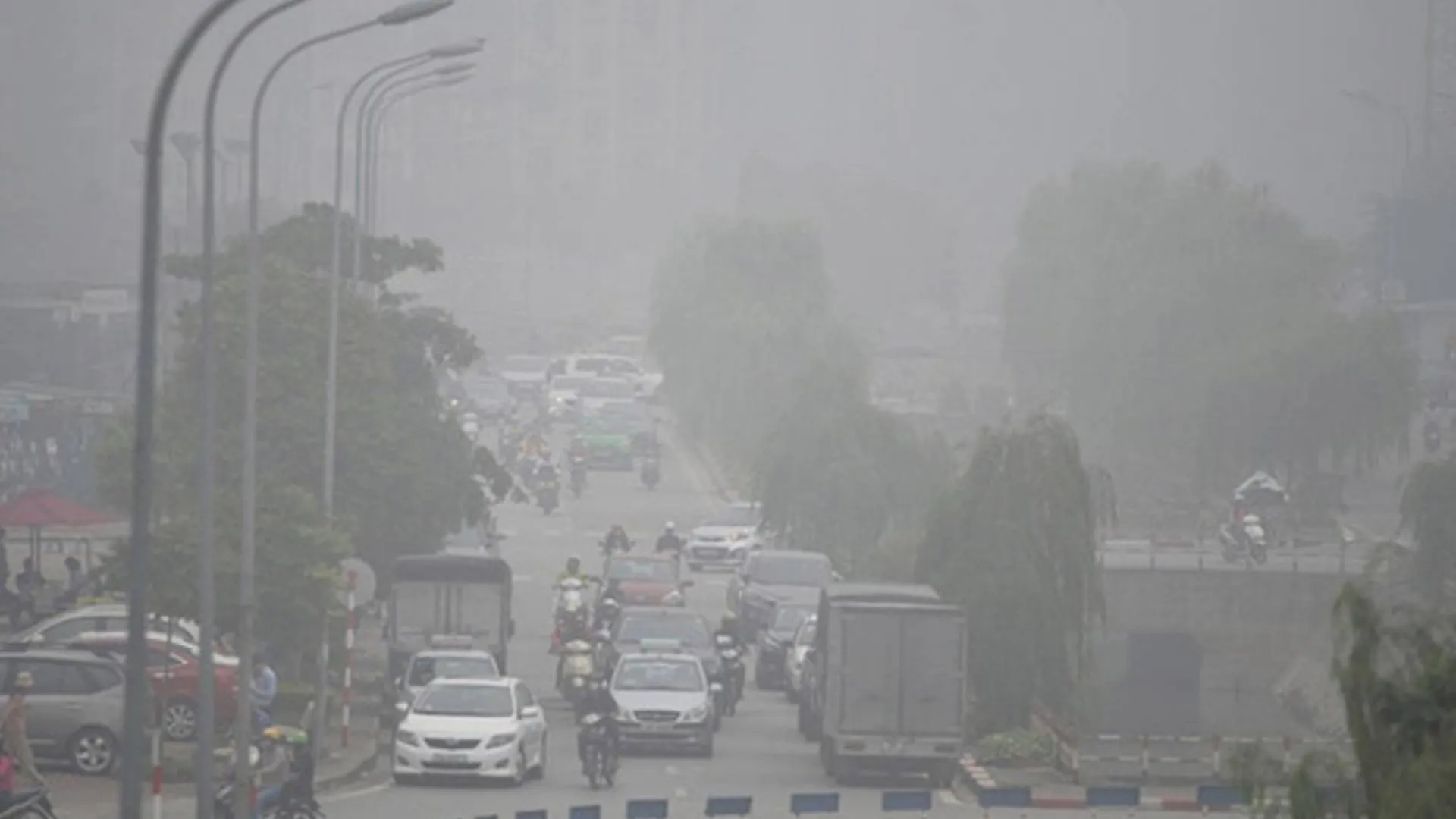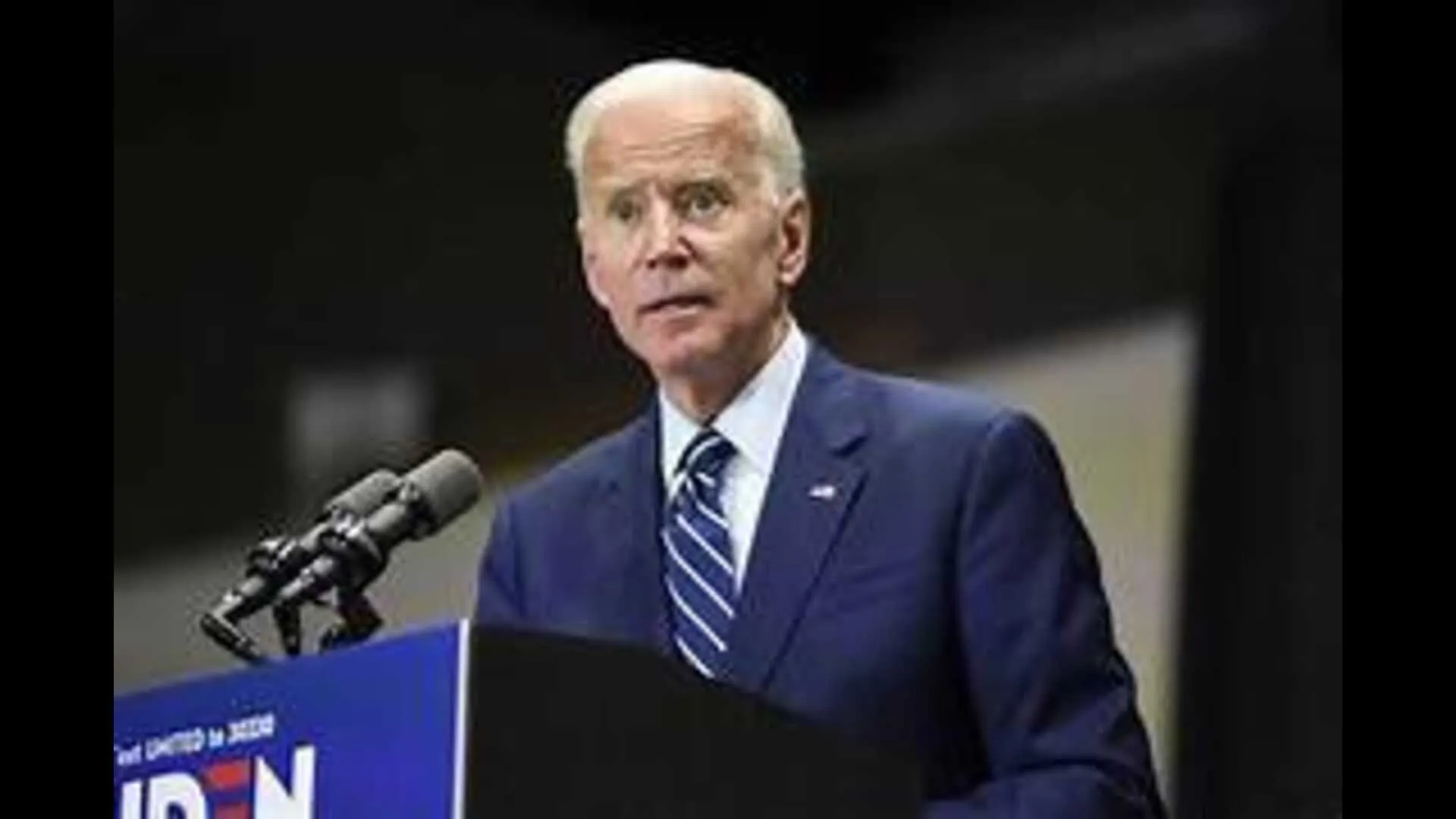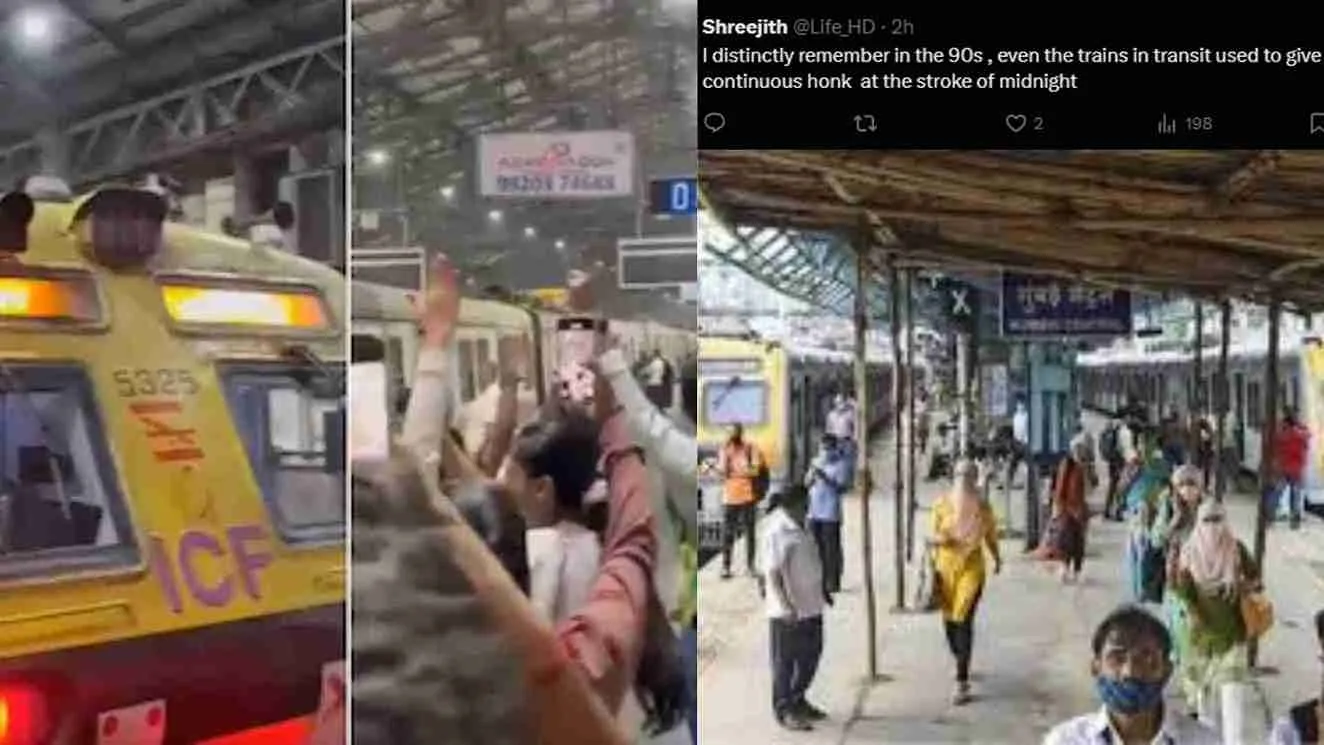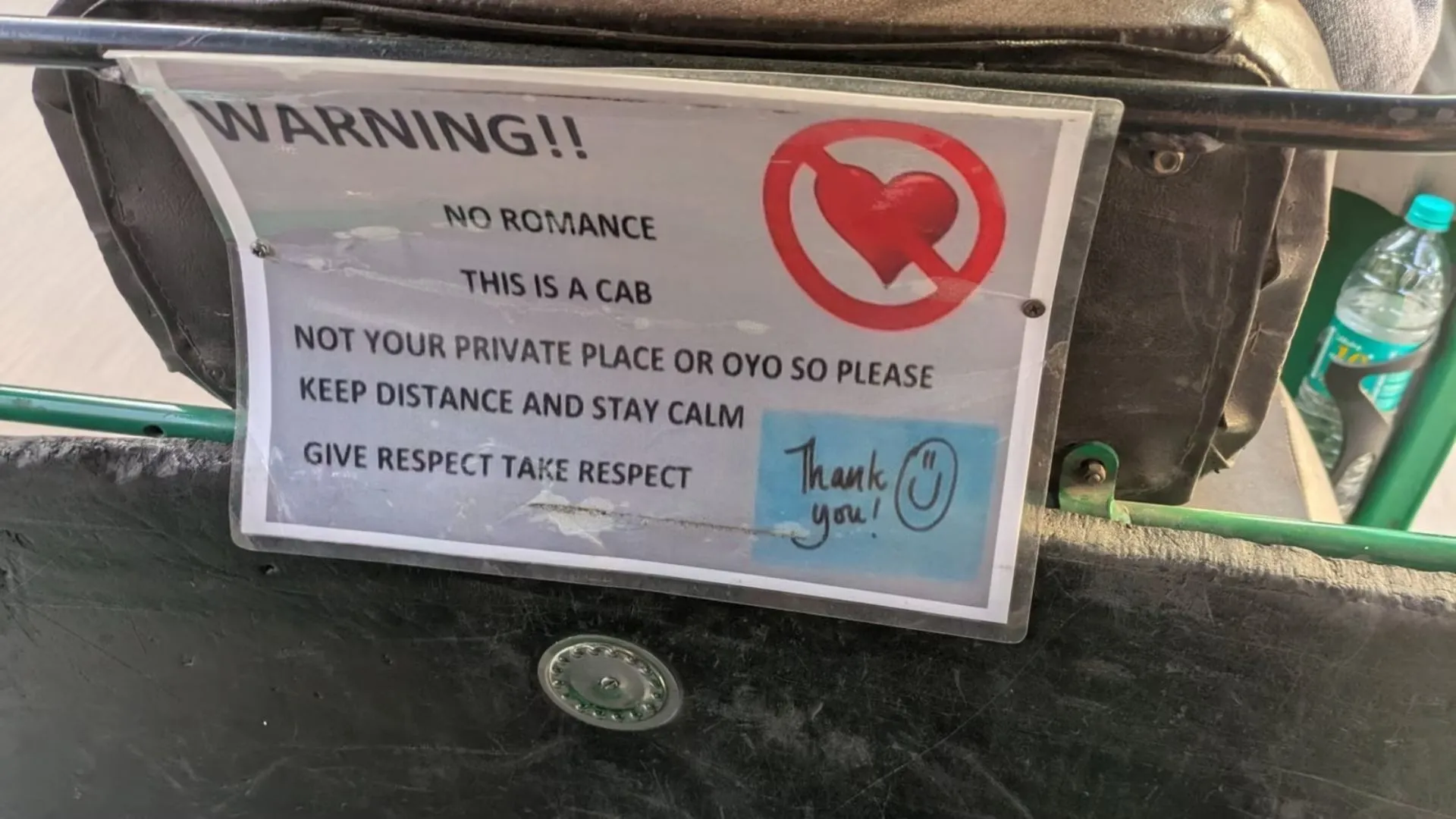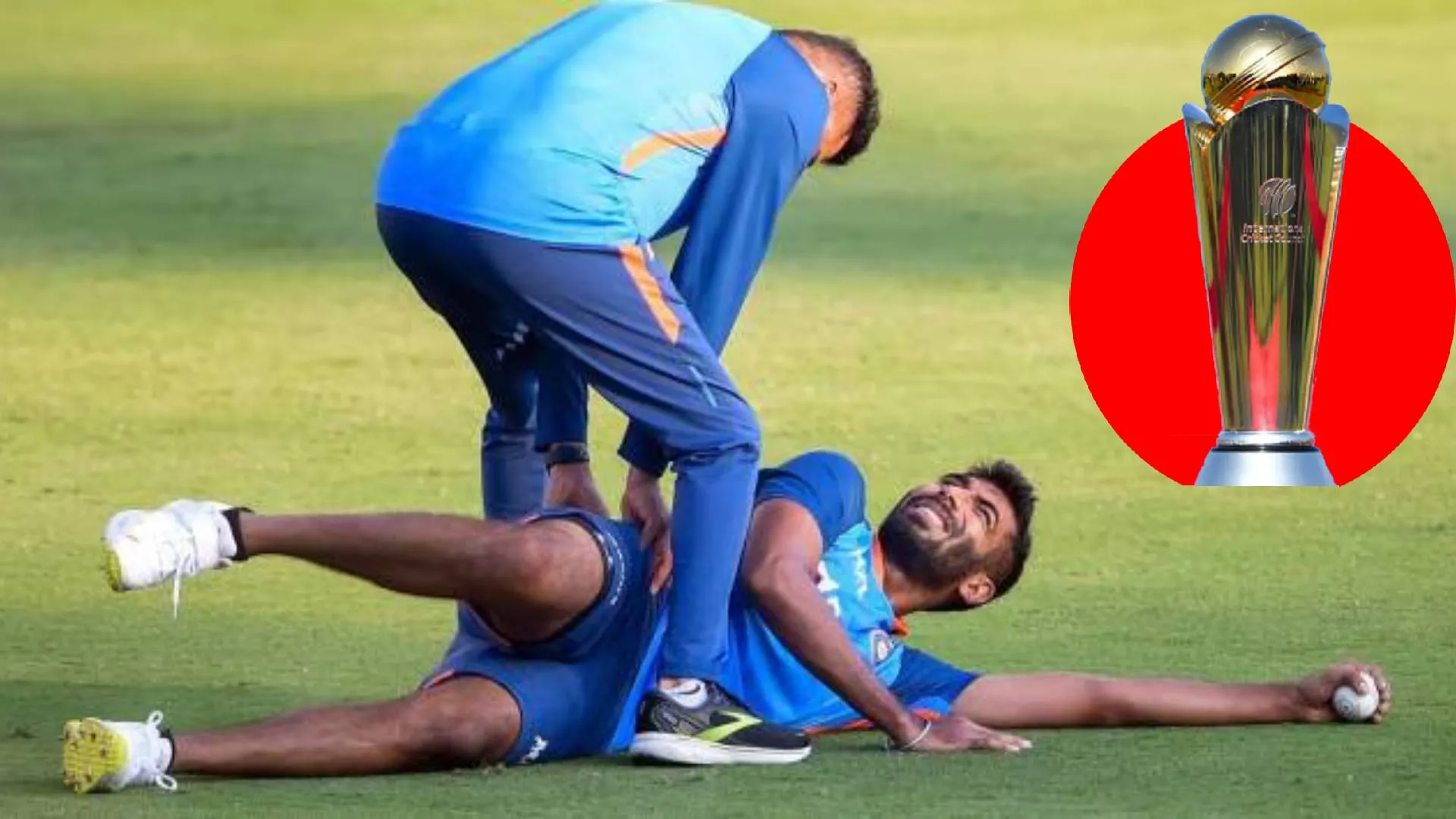Retired Havildar Harka Bahadur, after gallantly serving in the Indian army for 26 years, now resides in a remote village nestled in the foothills of Mount Annapurna in Nepal. The village is still a day’s walk from the road-head and two days from the town of Pokhara. Every few months, this valiant soldier treks to Pokhara to collect his well-earned pension from the Pension Paying Office of the Indian Army. Though there are pension camps which distribute pension at his door steps every six months, he prefers this two-day sojourn, as this is an opportunity to meet old colleagues from his regiment as well as get the latest Khabar (Kura kahani) of his regiment and battalion. He keenly looks forward to the 60th raising day of his paltan next year, when he along with his Burhi (Wife) would take this long and arduous journey to visit his paltan in Calcutta and relive his happy and adventurous days, meet his Numberies (colleagues), his Sange Sathis and enjoy.
Harka Bahadur’s connections with the Indian Army and India are not very recent. They go back generations. His forefathers had served in Afghanistan, the First and Second World war. In fact, in the Second World war, his grandfather and two uncles were part of the famous Chindits operations, which the British Indian Army had carried out against the Japanese. These Gorkha battalions earmarked as special forces were dropped behind Japanese lines. They were carried in engine – less wooden gliders which were towed by bigger aircraft. These operations led by the legendary General Orde Wingate broke the myth of Japanese invincibility and once again established the reputation of the brave Gorkhas. Harka Bahadur proudly treasures the Burma stars earned by his forefathers. The family history of active participation in wars continued and post Indian independence, his father fought in the 62, 65 and 71 wars, in fact he was wounded in 1971 war and had to return home early.
Harka Bahadur himself has served in Sri Lanka, North East and Kashmir and he proudly wears his most deserved medals on his chest, whenever he attends any special function. While talking to him, he mumbles under his breath and counts seven of his generations who have served in the Indian Army. The crowning glory is that his youngest son has recently joined the paltan thus ensuring the family’s lasting connections with the Indian Army. His youngest son Subed, he mentions shyly in an undertone, is well educated and is being recently coached by his paltan for becoming an officer, who knows one of the members of this new generation will have an opportunity to put a Phulli (Star) on his shoulders. Harka Bahadur during his service with the Army could educate his elder son well, the boy studied in an Army school, whilst he was briefly posted in his Regimental Centre at Varanasi. The boy was bright and did well in his studies, he continued to study in the Army school and stayed in the Regimental Centre hostel for boys, after Harka Bahadur was posted out. Today due to his hard work and his studies in the Army Institute of Technology, he is now an engineer, well a computer engineer in the USA. His second son joined the Nepalese Army and of course his two daughters are married to Lahures (soldiers) from 5 and 8 Gorkhas.
After retirement, for the last 20 years, Harka Bahadur has continued to stay in his village where he tills his stepped fields, looks after his assortment of domesticated animals and takes care of his extended family of grand aunts, uncles, nephews and now grandchildren. He mentions that the pension received from the Indian Army by him and a few of his uncles and one cousin is more than enough to look after the large and extended family. In fact, because of their pensions, they are one of the more well-off families in the village. Their relative status and influence have resulted in his uncle being selected as a Gram pradhan.
Over the years Harka Bahadur has been able to take advantage of the various welfare schemes run by the Indian embassy, he along with his cousin had taken on a drinking water project aided by the nearby District Soldier Board, thereby ensuring that the drudgery of the women folk to carry water for long distances is stopped. He and his family have also been beneficiaries of the animal husbandry scheme which has helped them to have a small chicken farm which has contributed to augment the family income. Very recently the opening of Ex Servicemen Contributory Health Scheme in Nepal, has ensured that he has no more to go all the way to India for any major medical treatment. In case of his mother’s ailment, he had to go all the way to Lucknow. He recollects that her prolonged treatment at Lucknow, had cost the family a fortune, despite the free treatment being given by the Indian army, this was because of the cost of the stay, travel and other expenses. Nowadays the best hospital in Nepal treats any ailment, while payments are done directly by the Indian Army through PPO Pokhara. Very recently, Harka Bahadur could get his wife’s eyes operated without any difficulty in a good hospital at Kathmandu with expenses being taken care of by ECHS.
The long association and service of the family with the Indian army has created lasting emotional bonds with the Regiment, Indian Army and India. The mutual ties have been cemented by love, blood and sacrifice. The material requirements of finance, medical treatment and basic amenities like water which have been supported by India is a small part of this strong endearing relationship which has manifested as strong bonds between the two brothers… Nepal and India. The sentiments Harka Bahadur and his family echo are the collective emotions of many ex-soldiers and their extended family, who know and believe that relations between Nepal and India are eternal, strong and everlasting. They cannot be disturbed and disrupted for narrow parochial needs of a small opportunistic minority. One crore and twenty lakhs simple minded Nepalese who have served in the Indian Army or are serving there and reside over rural Nepal are the true salt of the earth. Their deep rooted bonds based on mutual respect and the old maxim of Loyalty, Fidelity and Courage will last beyond these temporary storms. Both nations, India and Nepal owe it to these brave people that their lasting relations are strengthened by mutual respect and understanding. Long live Nepal and India and their friendship, which has been nurtured by their people over centuries.
The special relations between the two Armies of India and Nepal has manifested in the Chiefs of the two Armies being bestowed the honour of Honorary Chiefs of each others’ Armies. This is a unique arrangement which defines the strong ties and are a tribute to soldiers like ex Havildar Harka Bahadur.
Author’s Note: There are a total of 39 Gorkha battalions with approximately 28,000 Gorkhas from Nepal serving presently with the Indian Army. The Indian Embassy at Kathmandu and its Pension Paying Offices at Pokhara and Dharan disburse approximately Rs 2000 crores plus yearly as pensions to 1,26,000 ex-soldiers, other ex-Government employees and their dependents. The Indian Embassy runs various welfare schemes for ex Indian Army soldiers in Nepal.
Lt Gen A.K. Bhatt, a Gorkha warrior with more than four decades of service, was the XV Corps Commander, DGMO and the Military Secretary of Indian Army. He was the Colonel of the 9th Gorkha Rifle from 2013 to 2020 and has travelled to Nepal on official and personal visits several times since 1987 a many of his regimental soldiers hail from Nepal. ‘Kafar Hunu Bhanda Marnu Ramro (It is better to die rather than live as a coward) has been his motto since his early days as a Gorkha officer.

